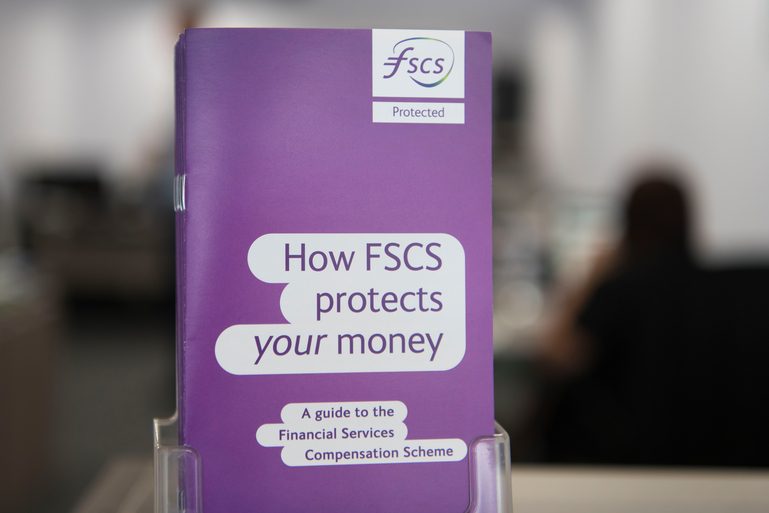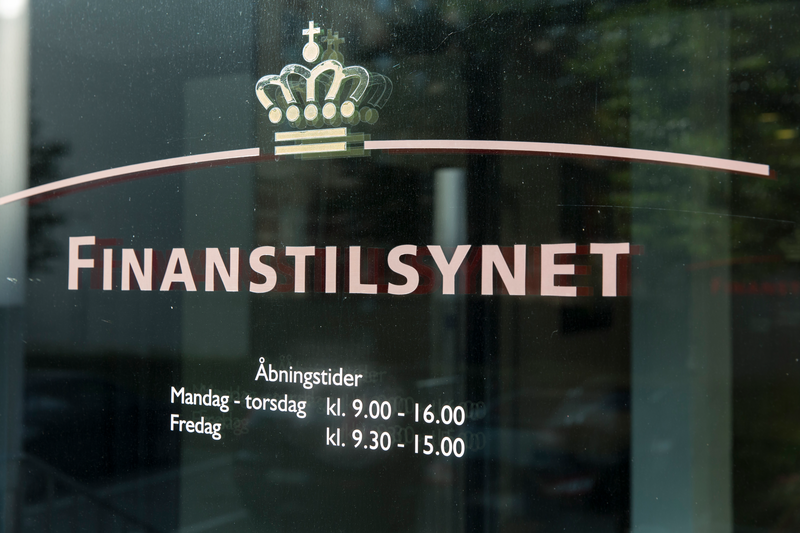The UK government has announced a series of consultations titled Smarter regulation: improving price transparency and product information for consumers.
They cover the display of pricing information, hidden fees and drip pricing, fake and misleading reviews, online platforms, and online interface orders.
The move is an attempt to ease the burden of the sharp increase of the cost of living on consumers. Inflation in the UK sits at 6.8% as of July 2023. The Office of Budget Responsibility meanwhile forecast a fall in real post-tax income of 4.3%, the biggest fall since comparable records began in 1956.
Drip pricing
The government inquiry looks at ‘drip pricing’, where the price paid at checkout is higher than originally advertised due to extra, but necessary, fees. The inquiry says the practice occurs in 72% of cases in the transport sector, and 54% and 56% of cases in entertainment and hospitality, respectively. This costs UK consumers around £1.6bn online each year.
“Modern-day shopping provides a great wealth of choice. But fake reviews and hidden fees can make those choices increasingly confusing.”
Kevin Hollinrake, UK Enterprise Minister
“From the shelves of supermarkets to digital trolleys, modern-day shopping provides a great wealth of choice. But fake reviews and hidden fees can make those choices increasingly confusing and leaves customers unsure about what product is right for them,” said Enterprise Minister, Kevin Hollinrake.
Fake reviews
The government is also targeting fake online reviews. Estimates vary on their prevalence, with online sources saying anywhere between 20 and 70% of online reviews are fake, a stark indication of the extent of the problem.
There is general awareness and even tools to detect misleading review. Amazon is reportedly employing AI and machine learning tools to detect fakes.
The Digital Markets, Competition and Consumers Bill (DMCC), introduced in April, builds on earlier regulation and gives the Competition and Markets Authority (CMA) powers to investigate competition concerns and make a pro-competition intervention. The government hopes the Bill will clamp down on unfair behaviour by a small number of the most powerful tech companies, saving consumers money and boosting competition.
Digital markets
Regarding the Bill, CMA Chief Executive, Sarah Cardell, said: “Digital markets offer huge benefits, but only if competition enables businesses of all shapes and sizes the opportunity to succeed. This bill is a legal framework fit for the digital age. It will establish a tailored, evidenced-based and proportionate approach to regulating the largest and most powerful digital firms to ensure effective competition that benefits everyone.” The CMA will clamp down on unfair behaviour by a small number of the most powerful tech companies as well as tackling issues such as subscription traps – all with the aims of saving consumers money and boosting competition.
The DMCC Bill also targets auto-renew subscription contracts, requiring businesses to send reminder notices to customers.
Reforms to the Price Marketing Order (PMO), meanwhile, will help consumers make more informed choices. The PMO indicates the price per unit, for example per litre or kg.
“Customers need clear pricing upfront when considering a product or service and should not find themselves having to pay for charges hidden until the checkout like mandatory booking fees. Supermarkets also need to make it easy to compare the unit price of everyday items to help consumers make informed choices during the cost-of-living crisis,” said Rocio Concha, Which? Director of Policy and Advocacy.

















